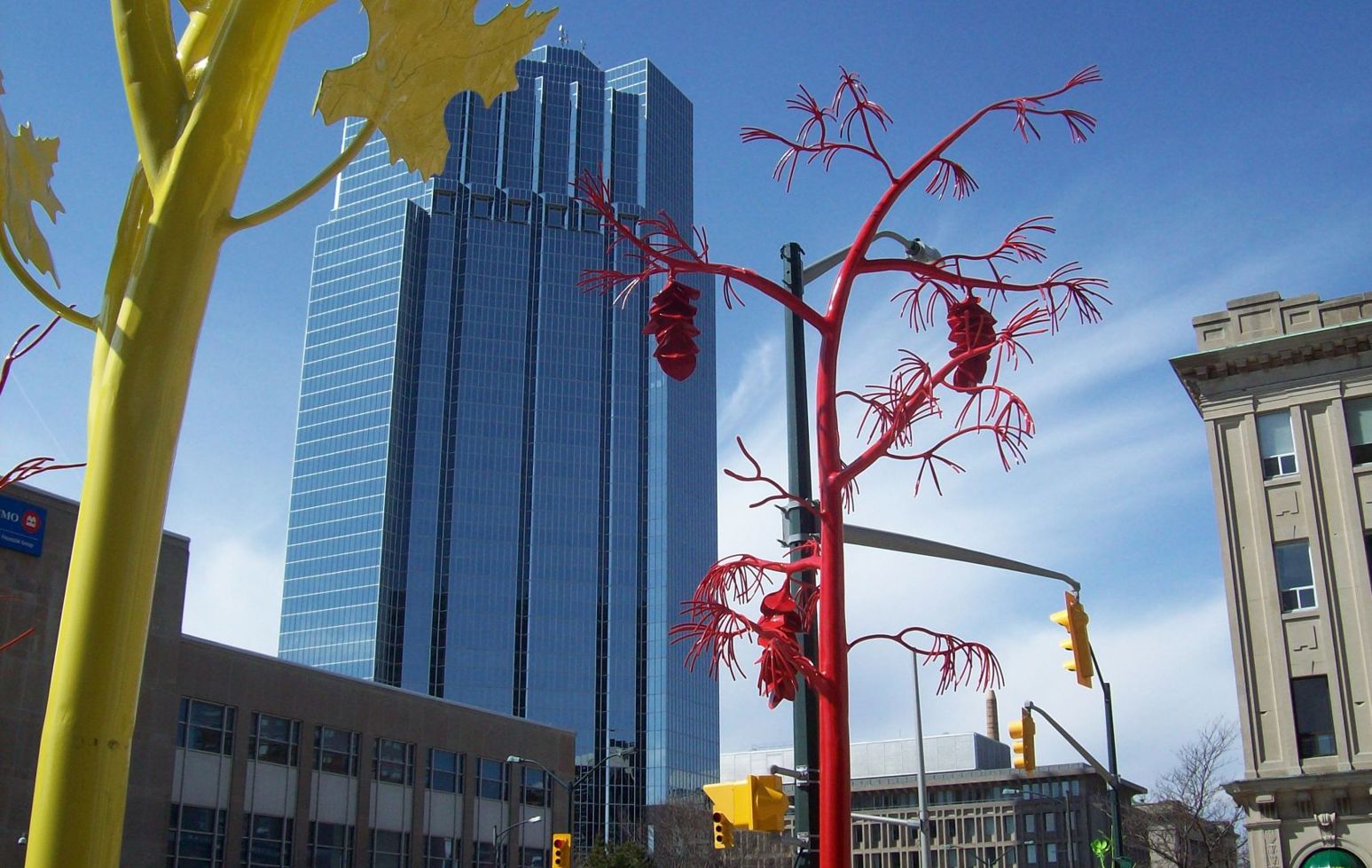Even when workplaces and retailers get the green light to be back in business, it likely will not be business as usual, says London Mayor Ed Holder. Instead Holder said he suspects some of the social distancing practices imposed during the COVID-19 pandemic will continue long after restrictions are lifted and that will impact business.
“Will individuals be comfortable going into a retail facility? Will people be comfortable having businesses come into their homes to do what needs to get done? I think there is going to be a reshaping of our business approach and it will not be business as usual,” he said. “I think that relationship concern will be there long after the (Ontario) Premier (Doug Ford) says we’re open for business.”
Holder was part of a panel discussing how London businesses are coping with the pandemic for a webinar called COVID-19's impact on London and its business community hosted by The Ivey Academy. It also included Kapil Lakhotia, President and CEO of the London Economic Development Corporation, and Gerry Macartney, CEO of the London Chamber of Commerce.
Holder said he supports a staged approach to reopening the economy and he’s worried about the impact of a second wave of the virus.
“When the whole pandemic talk really hit its height going back a couple of months ago, we were talking about an 18- to 24-month scenario,” he said. “How ready are we going to be for that as well? That makes me nervous. We will have learned how to deal with things at this level, but how many hits can individuals and businesses take?”
The crisis is changing the business landscape
Since many businesses have pivoted to remote operations and may continue that way, Macartney said he’s concerned they won’t need their buildings or property.
“I think a lot of businesses are now thinking, Look, I’ve got my people working remotely now and productivity is pretty good, why do I need this big footprint? Why do I need all this real estate?,” he said. “That’s a worrisome thing when you think about how much real estate we have in this country dedicated to business. Will it look the same and what do we do with that real estate?”
Economic shocks ahead
Macartney said he’s also worried about the impact of Canada’s increasing debt.
“That debt is going to be huge and it's going to be something that generations from now are going to continue to pay for,” he said. “I think the reality when we look at recovery is any of the programs and services you thought should have been there before, simply aren't going to be available. We just will not have the money for them – not enough bandwidth at all."
Lakhotia said London’s diversified economy will help it to withstand economic shocks and some businesses are even hiring to keep up with current market demand.
“What we saw in the past with the 2008 recession and other downturns in recent history is that London is resilient. Our diversity in our industrial sectors in London does help us bounce back relatively quickly,” he said. “So with that optimism, I think we have a lot of great examples of businesses that are already planning for a recovery and getting prepared to welcome customers back with open arms as soon as things stabilize.”
Supporting businesses through the recovery period is critical
But while some businesses have prospered, Holder said many are struggling. He said the Mayor’s Economic Impact and Recovery Task Force is working on a new report focused on supporting London businesses in disaster recovery.
“I think the last time we really took disaster recovery seriously was probably 9/11 when people realized the impacts of that," he said. "I’m worried about the small- and medium-sized businesses that haven’t put their minds to it, but are being forced to now.”



